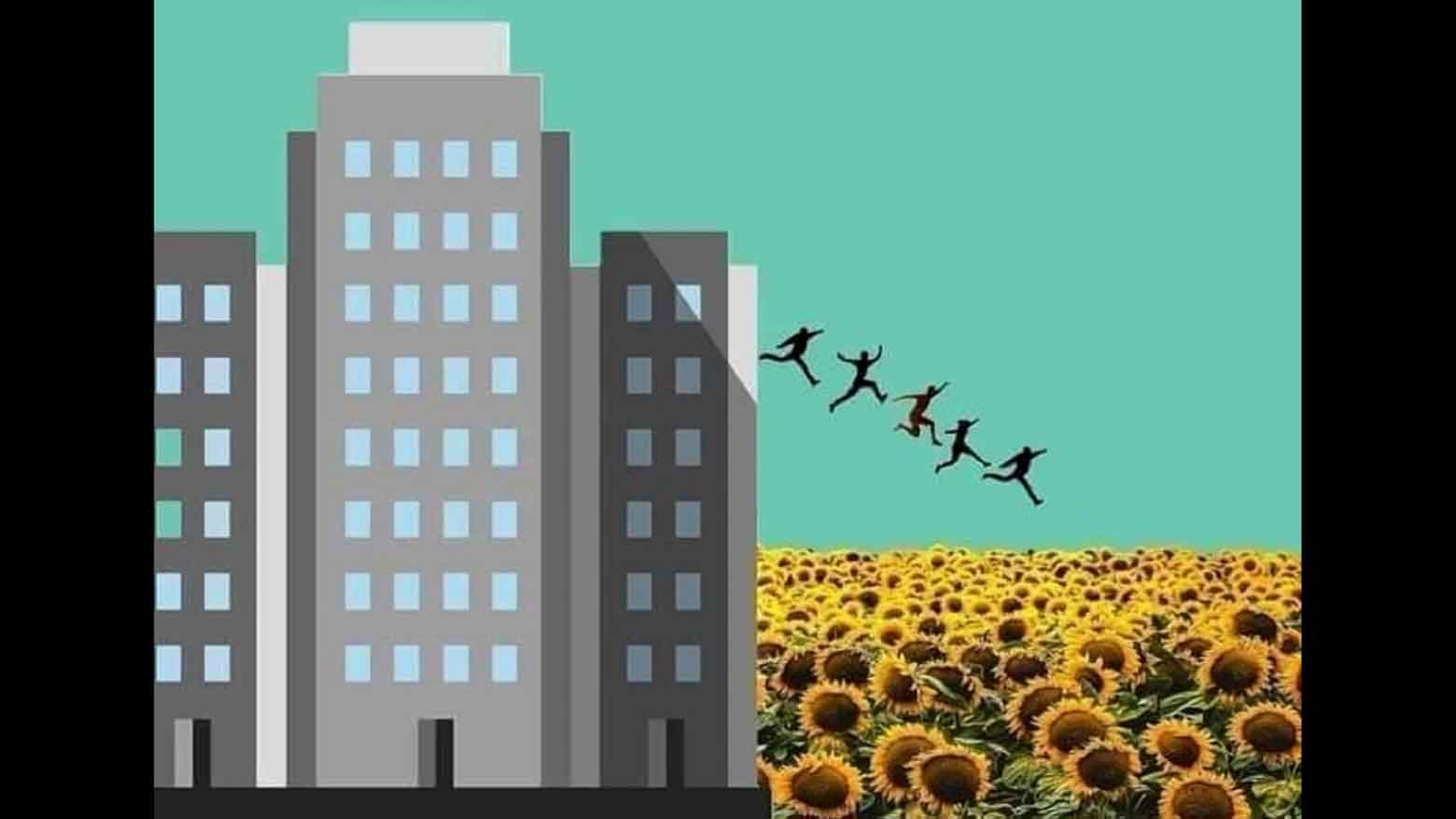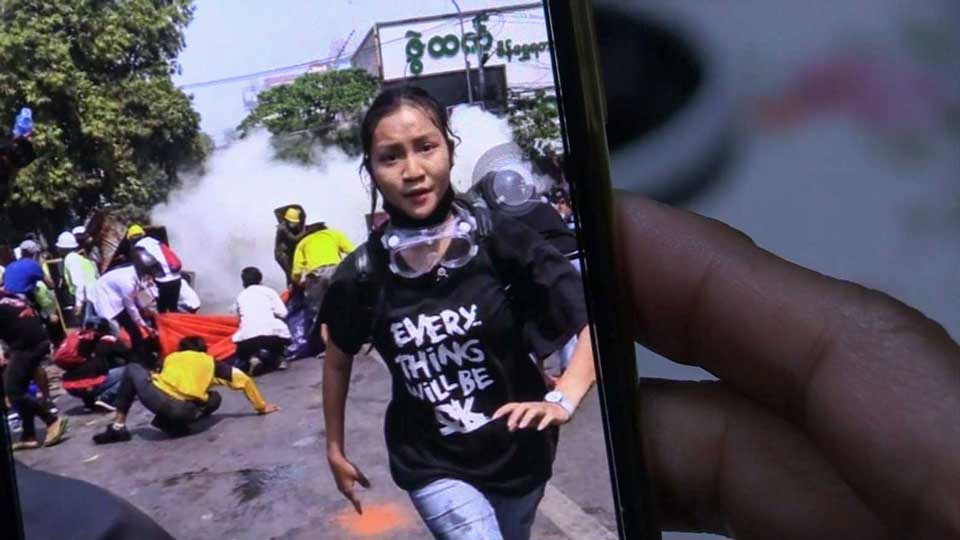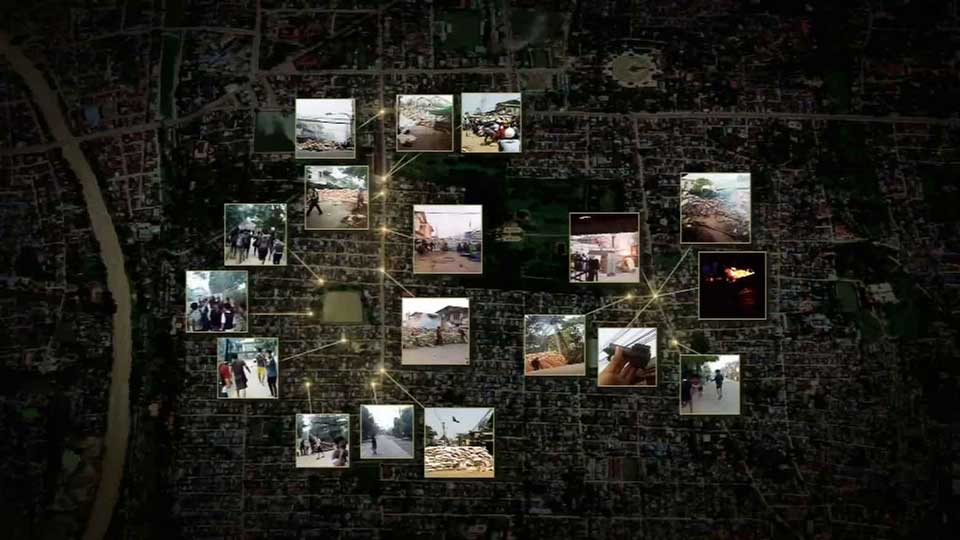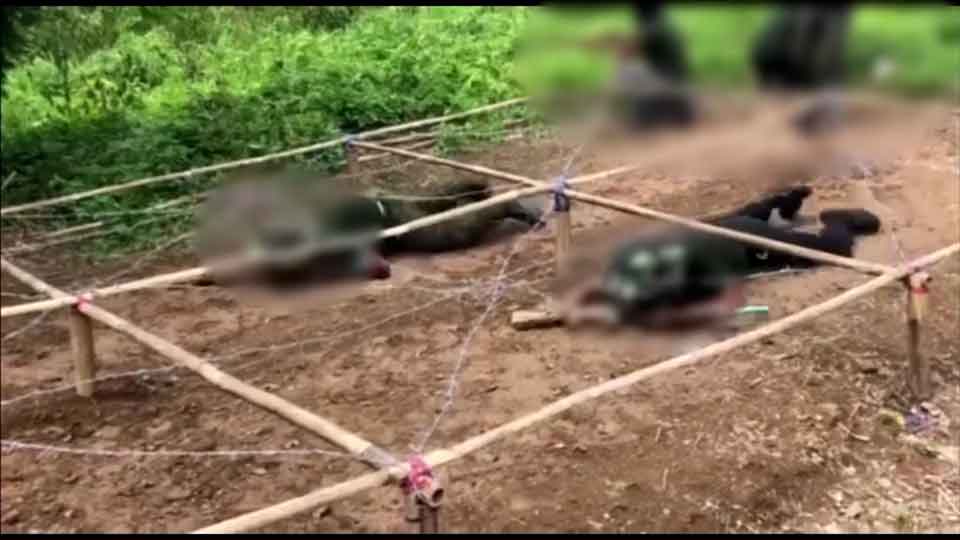
The post-coup resistance in Myanmar is now falls into two camps:
those who continue to use nonviolent means under the Civil Disobedience Movement, and those who have taken up arms. The latter group sprung from calls by the National Unity Government (NUG) of ousted lawmakers for the public to fight back against the military. Some people fear it is an incendiary move that will only result in more deaths. Others insist they have no alternative.
“If the military continue on this aggressive path, we will all be killed by their barbaric behavior,” says one man who recently joined a militia. “That’s why the young people in my village have gathered together and armed ourselves. We will fight until they are wiped out.”
He’s one of many young people undergoing combat training in areas controlled by armed ethnic groups. Since May, civilians have been forming so-called People's Defence Forces (PDF) to protect their communities.
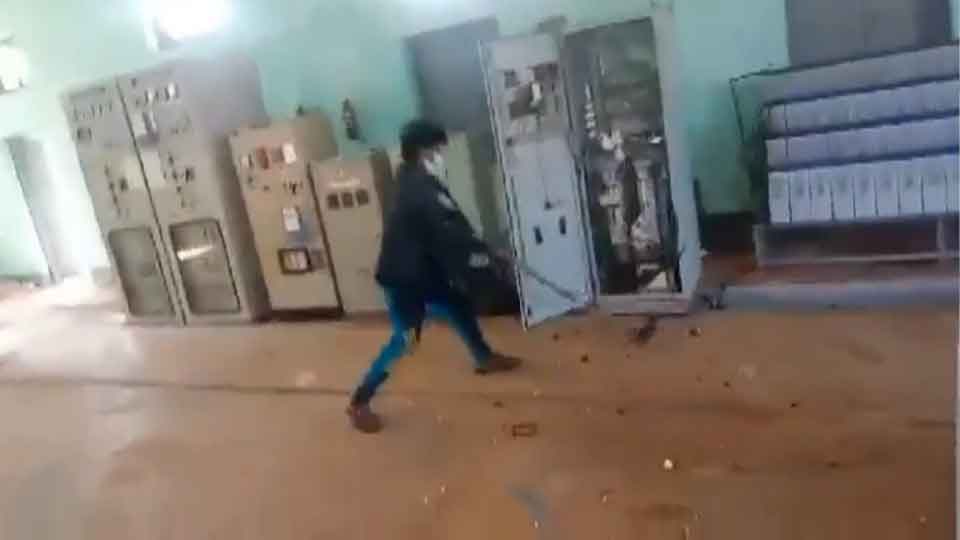
Some local armed groups have claimed responsibility for killing or wounding soldiers amid an increase in attacks on the military and police. Local media say several facilities owned by a telecommunications firm linked to the military have also been targeted.
In response, the military has condemned the NUG, branded any citizens who take up arms as terrorists, and systematically detained and killed young people even without evidence they belong to the PDF. Several villages have been torched and bombed.
Dying for the cause
Still, other people are keeping up the struggle through nonviolent means. In Myanmar’s largest city Yangon, people are resisting the heavy military presence by banding together in flash-mob demonstrations and strikes, all the while remaining incognito.
But last month, five people in the city’s downtown area jumped from an upper floor of a building during a military raid. They had been accused of making explosives. Two died in the incident, which has sent shockwaves through Yangon.
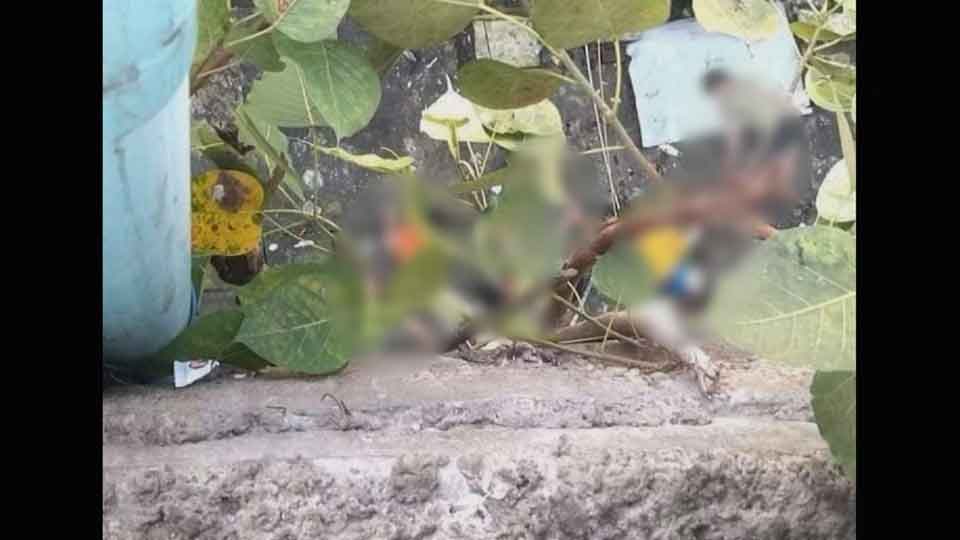
Wai Wai Myint, a mother to a young girl, was one of those who fell to her death. Her husband insists she had nothing to do with making bombs. “My wife was a sensitive person. She never cursed or criticized anyone, even online. The claim that she was involved in terrorism leaves me lost for words,” he says.

Wai Wai Myint had been using money from her gem and jewelry business to support young people who had lost their jobs for participating in the CDM. She too had been temporarily detained and tortured for taking part. It had a profound effect on her views toward the military.
“The experience drove her to support these young people,” her husband says. “She told me that if she was kicked down again, she would kill herself. It was as if, in her heart, she had chosen to die. I think my wife sacrificed her life for the cause. I am proud she had so much faith. My wife has fulfilled her mission.”
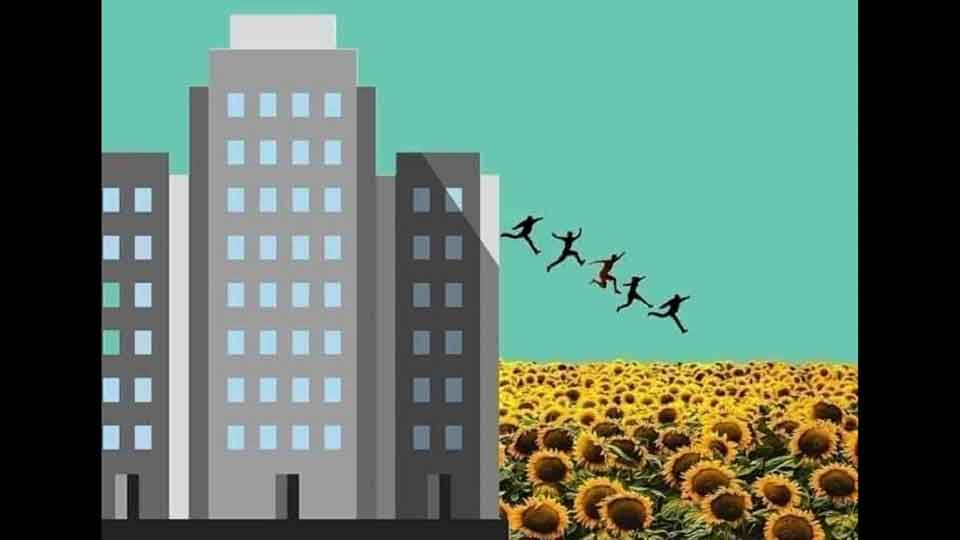
Pictures honoring those who jumped have been shared widely online. Now, they are a symbol of the resistance, a reminder to those who are still alive to fight on.
CDM safeguards its future
The stakes are especially high for pregnant women who belong to the CDM. Joining a demonstration or even just going outside is a risk to their lives and those of their unborn babies. Many medical workers have been arrested, putting access to healthcare in short supply for expectant mothers.
To get around the crisis, a young entrepreneur has teamed up with a nurse to open an underground mobile maternity clinic. “Babies are the most important thing in life,” he says. “They are the future of our country. If the babies die, what can we do? Nothing. Our future would be gone. That’s why my mission is to help babies.”
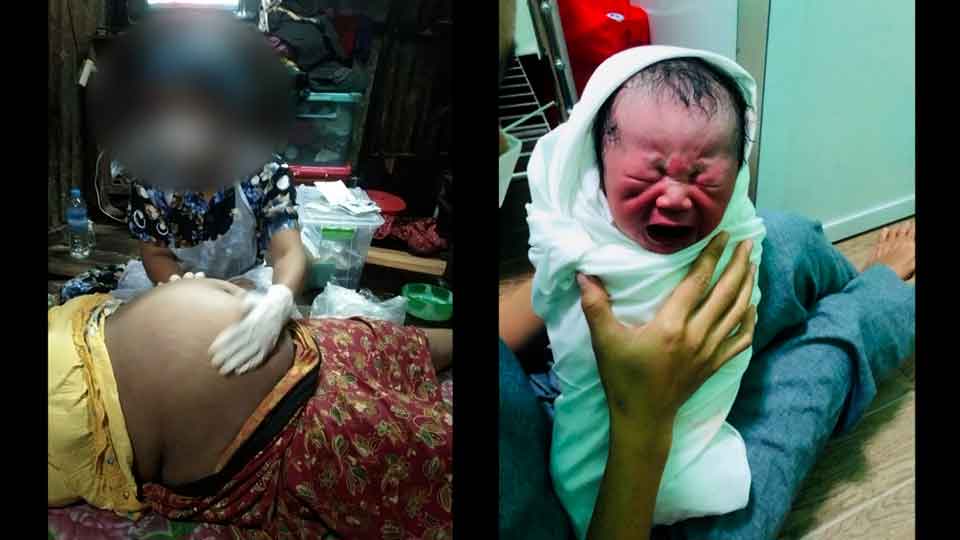
The clinic is called Naing Tha Louk, or “We do what we can.” Word of mouth and social media have been crucial to getting it off the ground. So far, nearly 400 requests have flooded in from Yangon alone. Since July, it has safely delivered more than 50 babies.
The entrepreneur says even people connected to the military are facing potentially fatal discrimination. In one case, a heavily pregnant woman suspected of contracting Covid-19 sought care at a military hospital because her father was a retired soldier. But the facility said he wasn’t high-ranking enough, and refused to admit the woman. She and the baby later died.
“The military is just helping middle- and high-ranking people,” says the entrepreneur. Still, he firmly believes the adversity will only empower the cause of the CDM. “I heard that more than 2,000 soldiers have escaped from the military. People are so united right now … I’m confident we will win.”

Here is the series of our investigative reports on Myanmar:
